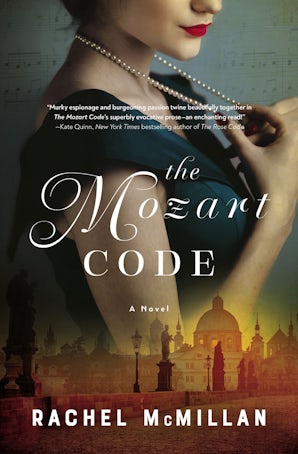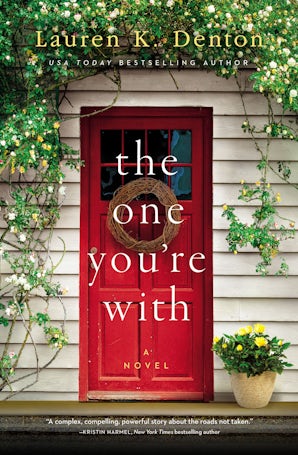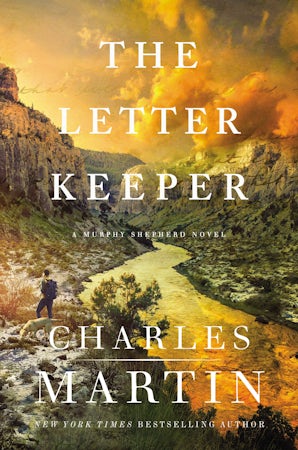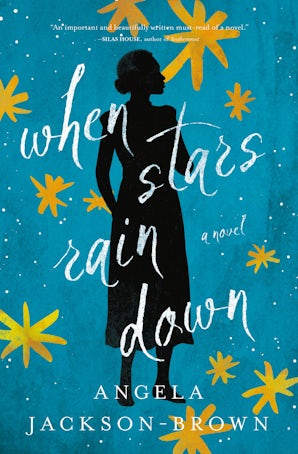
How to Find Great Books for Your Book Club
By jerewarren
22nd January 2020
Starting a book club is a great way to combine socializing with reading, and great book club discussion not only helps us better understand and appreciate the book we’ve read, it can help us to better connect with others and understand the world in which we live. But to have a successful and fun book club, you need to pick great books, and this can be a challenge. With as many as a million books being published in the U. S. every year and the millions of books already in print, how do you choose a great read that your book club will enjoy? Here are a few things you can look for in books that will help you find great books for your book club.
Look for Books with Discussion Questions
Coming up with good questions for discussion about a book that you’ve only just read for the first time can be difficult, and you probably don’t have time to read it again or try to recall your days of answering discussion questions about books you read for class. Luckily, many books are designed with the possibility of being read by book clubs and students and have discussion questions written by the author or publisher included in the back of the book. While your discussion might diverge from these questions, they can be a helpful starting point for discussion about the book, and lead to great conversation and deeper understanding of the text.
These upcoming titles are perfect for book clubs, and all of them contain discussion questions in the back of the book!
Look for Authors who do Book Club Visits
How fun would it be to ask the author in person all of your burning questions about their book? Many authors, particularly those who are emerging and might have fewer press obligations, are willing to stop by a book club meeting, if they’re local. Authors will often do Skype sessions where they call into a book club meeting if it’s not in their local area. For big-name authors with more name recognition and less free time, it’s also possible that they run contests where your book club can be nominated for or win a book club session with the author. When looking into books, check out the author’s website and see whether they’re open to meeting with book clubs. If so, you could learn more about the book, things that only the author could tell you: how long they took to write it, what their writing process was, why they decided to have this character do this instead of that.
Author David Rawlings has a variety of ideas and suggestions for book clubs who want to discuss his books–including information on how to get in touch with him to schedule a Skype meeting with your book club–on his website: https://davidrawlings.com.au/for-book-clubs/
- Author David Rawlings
Look for Books that Everyone Hasn’t Already Read
There are like 10 books a year that everyone talks about: that new celebrity memoir, the political expose, the novel from that famous thriller writer, the runaway hit chosen for that celebrity’s book club, and so on. And chances are that most people read those books (or about those books) in one form or another. While you could probably guarantee that everyone in the book club would be able to buy and read the book by your next meeting, you also run the risk of boring everyone with the same discussion that’s already swirled around dinner tables and social media about this book. So why not pick something that isn’t yet on everyone’s radar (and TBR) but should be? There are so many amazing books that come out every year, and they don’t always make it to that top 10 list, and so they don’t get read as often as they should.
Look for Books with Book Club Kits or Additional Materials
Just like with discussion questions, sometimes a publisher considers that a book might be great for book clubs and creates some additional materials that they either include in the book or in book club kit. These materials might include things like discussion questions, information about the author, maps and images of places mentioned, photos or illustrations, historical background, and more. All of these materials can enrich your understanding of the book and give your book club much to discuss. Some books might indicate on their covers “Expanded Edition” or “Bonus Material,” but you can also see if any additional materials exist by checking out the author, publisher, or book website.

This expanded edition of Becoming Mrs. Lewis contains additional materials including a map of Oxford, an expanded discussion guide with 20+ questions for book clubs, a timeline of Jack and Joy’s lives, Joy’s (imagined) letter to Jack, 10 Things You May Not Know About Joy Davidman and C. S. Lewis’s Love Story, and a Behind the Scenes Essay: Oxford—The City.






